Shishkin, Stream by a Forest Slope, 1880
The Permanence of Reverie
We have only to speak of an object to consider ourselves
objective. But by our first act of choice, the objective designates us
more than we designate it, and what we consider our fundamental thoughts about
the world are often a declaration of the mind. At time we marvel at a
chosen object; we amass hypotheses and reveries; thus we form convictions,
which have the appearance of knowledge. But their initial source is
impure: the primary evidence is not a fundamental truth. Indeed,
scientific objectivity is possible only after one breaks with the immediate
object, rejecting the temptation of the initial choice, checking and
contradicting the thoughts aroused by the first observation. Any
objective method, appropriately verified, belies the initial contact with the
object. It must first scrutinize everything: sensation, common sense,
even the most constant experience, etymology itself, for the word, which is
meant to sing and to charm, seldom coincides with thought. Objective thought
does not gaze in wonderment: it must be ironic. Without this critical
vigilance, we will never take a truly objective attitude. In the examination of
men, equals, or brothers, sympathy is the basis of the method. But confronted
with this inert world, which is not imbued with our life, which suffers none of
our sorrows, and which is exalted with none of our joys, we must halt all
effusion, we must restrain ourselves unmercifully. The axes of poetry and
science are opposed from the start. All that philosophy can hope is to
make poetry and science complementary, to unite them as two well-chosen
contraries. We must thus oppose to the poetic mind’s effusiveness nature
the taciturnity of the scientific mind, for which preliminary opposition is a
healthy precaution.
Gaston Bachelard, from On Poetic Imagination and Reverie









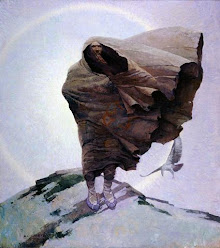














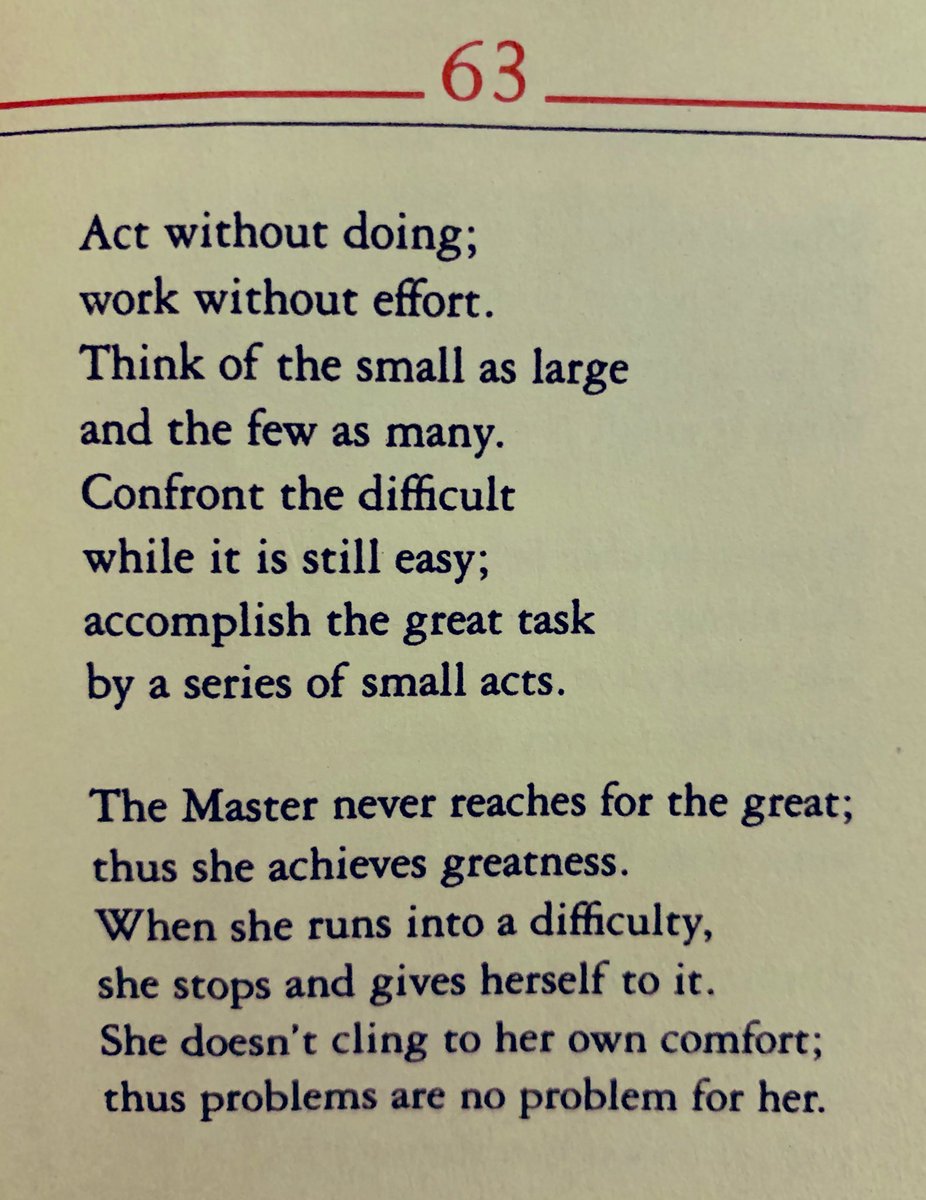









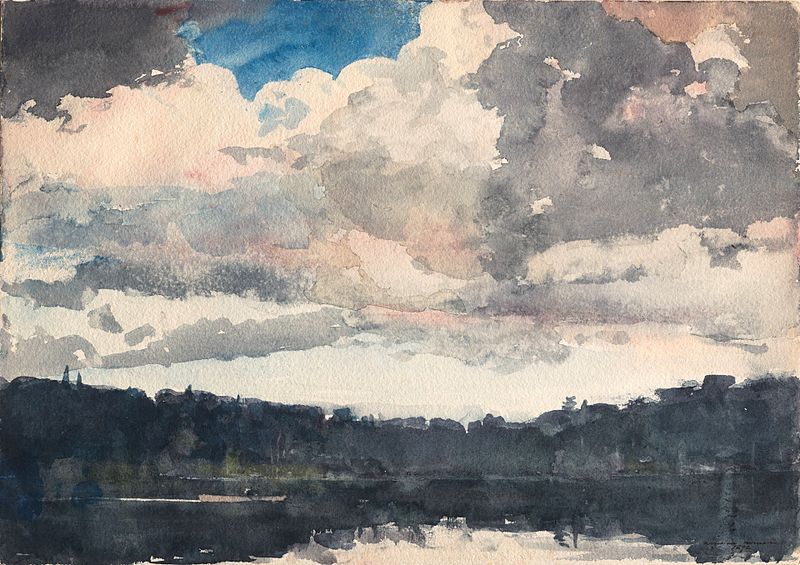





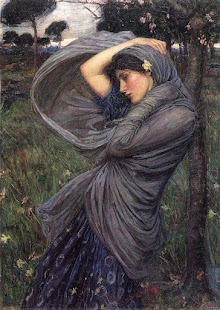

















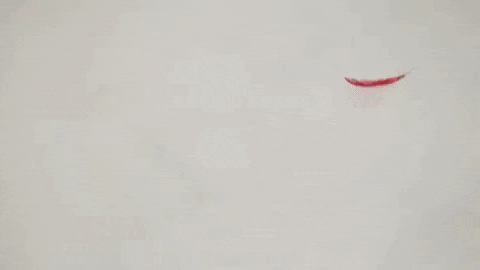



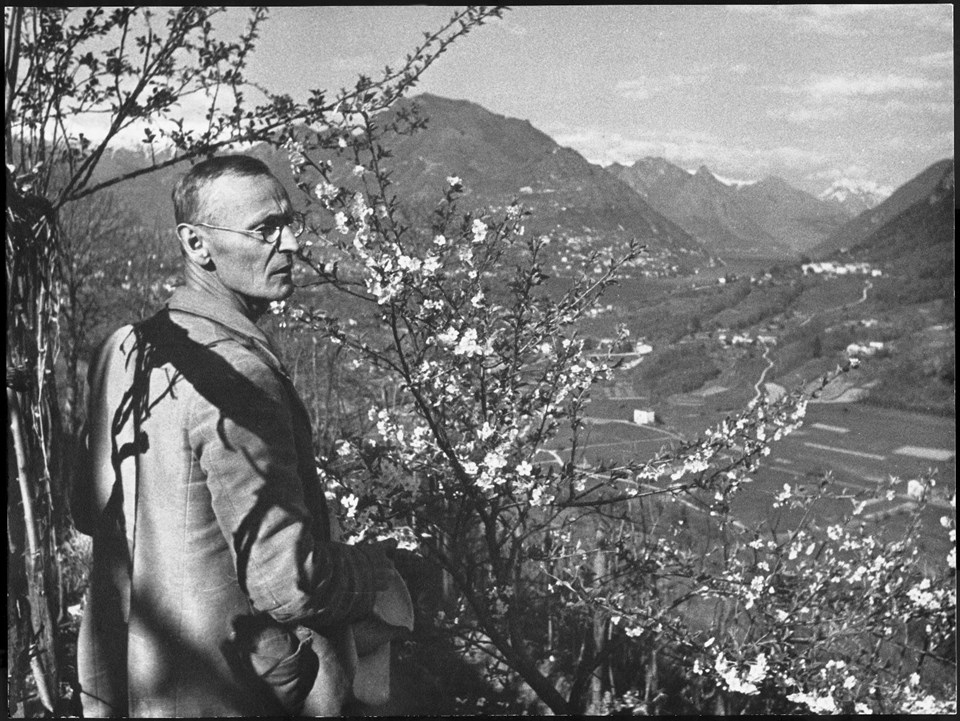


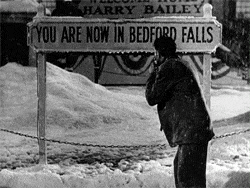







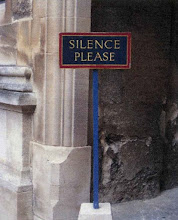









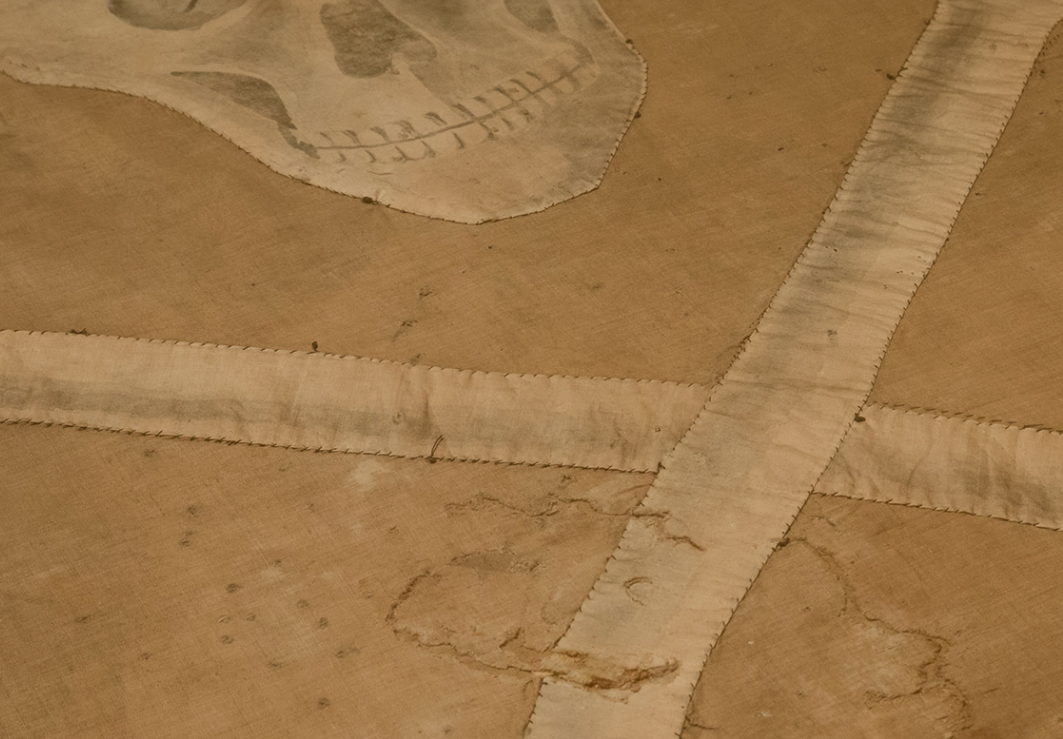

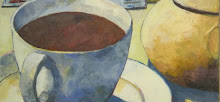
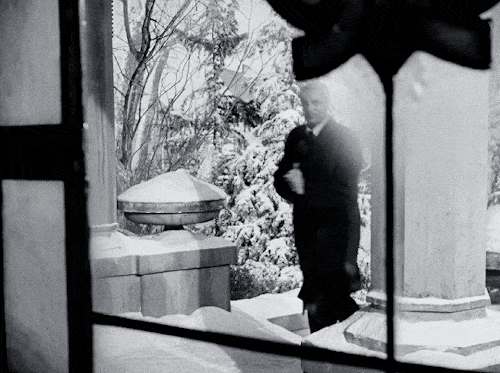


















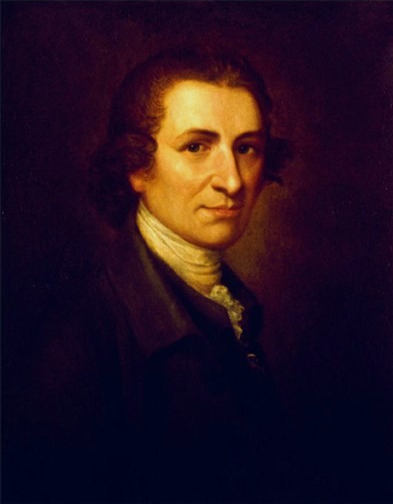


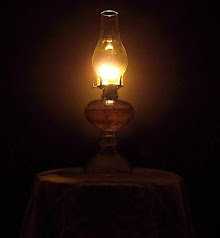







No comments:
Post a Comment